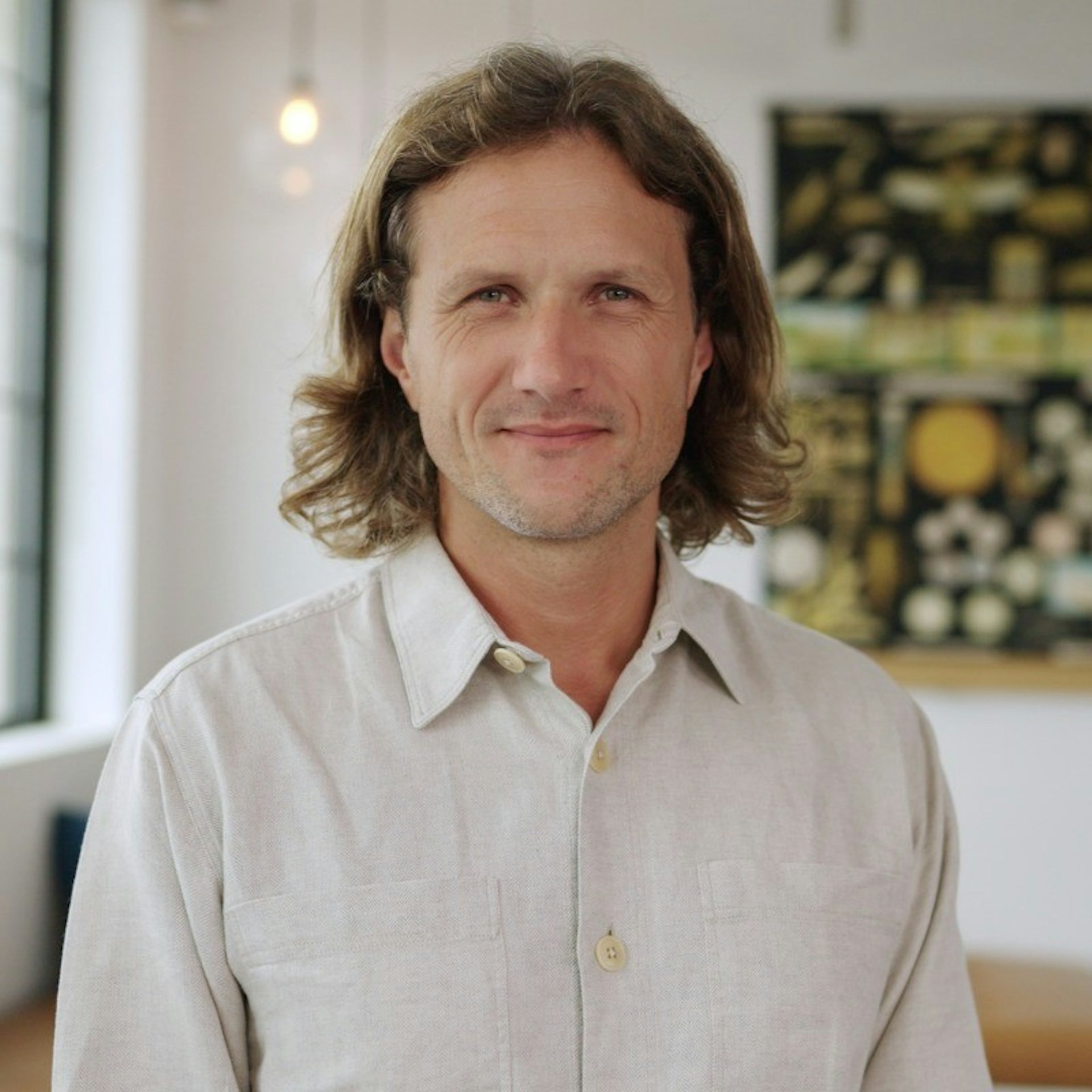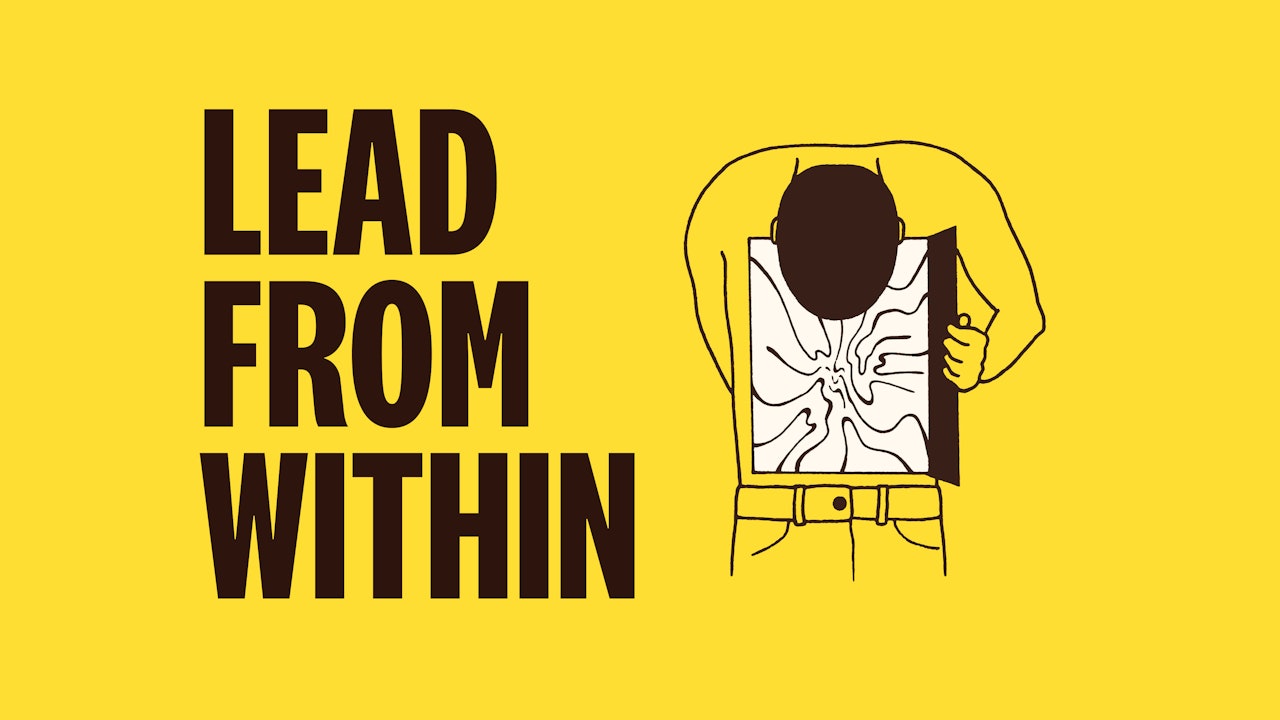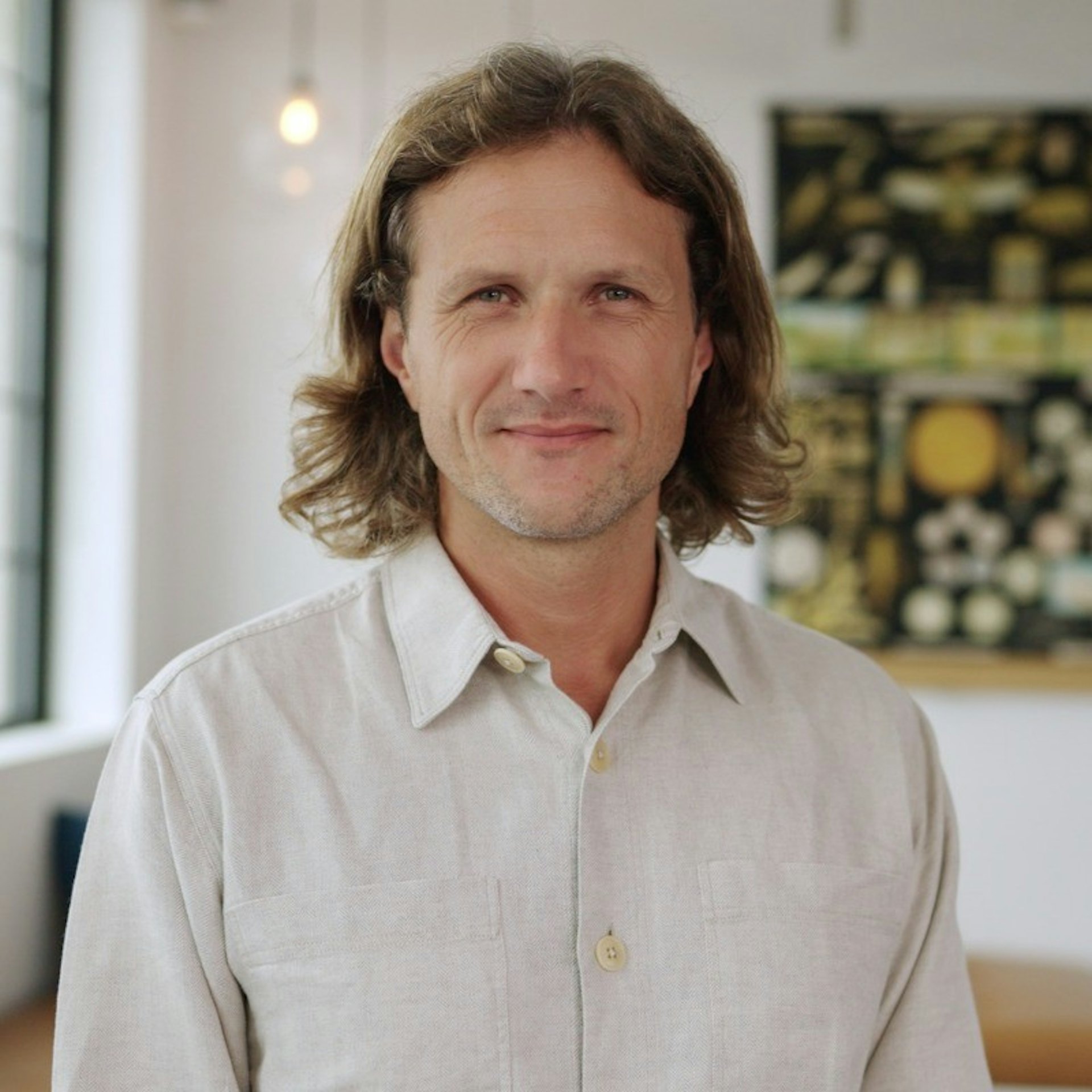“Children are our role models”: Building workplace culture with Loren Shuster, Chief People Officer at the LEGO Group

Dr. Nick Taylor
05 June 2024

Content
- Tell us about the LEGO Group. What is it like working for such an iconic brand?
- Do you think that Scandinavian cultural values around wellbeing and education influence the organizational culture at LEGO?
- How do those values of fairness and equity show up in your policymaking?
- What were you like as a young boy? Do you feel the younger you would be surprised to see where you've ended up today?
- What do you think are the most influential factors when it comes to employee wellbeing?
- How have you seen mental health as a topic evolve over the years, and how has this shaped your approach to it within the business?
- How do you ensure that mental health and wellbeing initiatives are approached with the right nuance for the LEGO Group's diverse audiences and workforce?
- What does "psychological safety" mean to you?
- Do you agree we need to be more data-driven in measuring wellbeing outcomes?
- How would you categorize yourself as a leader?
- What are your hopes for mental health in the workplace by 2030?
Loren Shuster, Chief People Officer at the LEGO Group, has a deep and long-standing passion for developing human potential through wellbeing.
Having lived and worked in 11 different countries over the past 30 years, Loren has been exposed to many diverse markets and cultures, shaping his unique view on the world of work today.
Join me as we dive into Loren's perspectives on mental health, purposeful leadership, and how fostering psychologically safe environments can unleash people’s potential.
Tell us about the LEGO Group. What is it like working for such an iconic brand?
It's a real privilege to be part of such an incredible organization with so much history – we'll actually be celebrating our 100th anniversary in 2032!
There’s a few key things that make working at LEGO unique. The first is that we’re vertically integrated, owning and operating our own factories and retail stores. This allows us to ensure high quality by controlling the entire process – from manufacturing all the way through to our stores.
The second is that 25% of the group is owned by the LEGO foundation. That means 25% of our profits contribute to our mission of bringing the benefits of learning through play to children around the world, as well as trying to instil the value of play in our education systems.
Our belief is that children are our role models because of their hands-on, minds-on approach to learning. It’s that spirit that helps us drive creativity and innovation across the whole organization.
Do you think that Scandinavian cultural values around wellbeing and education influence the organizational culture at LEGO?
100%. A company's country of origin has a huge influence on its organizational culture. It's deeply, deeply rooted in the genetic makeup of the company.
Nordic cultures are known for having socio-political systems which aim to provide a baseline of equity across society, as well as support structures that enable people to truly live up to their full potential. Our culture at LEGO is infused with those humanist, collectivist values.
We're an incredibly caring, collaborative organization at our core. Having that sense of shared purpose and connection to one another – those are critical components of wellbeing. It's about being part of a real community aligned around common values.
How do those values of fairness and equity show up in your policymaking?
We aim to make our employees feel equal. We have close to 30,000 employees worldwide – around 10,000 are salaried employees, and the remainder are on hourly contracts. But we don’t like to think of those different worker types in essentially different ways – they’re all valued employees.
So for example, when we were introducing our parental leave policies, we decided on a minimum 26 weeks’ leave for the primary parent, and we applied that across the board. What you often see is that organizations only offer these types of benefits to their salaried workers. It was important to us that everyone was treated the same.
What were you like as a young boy? Do you feel the younger you would be surprised to see where you've ended up today?
Hmm, well I know you're a psychologist, so I wonder if this is some psychodynamic work you're doing here – maybe I'm getting a bit of free therapy, which I'm always willing to take!
I had a very privileged upbringing. I was born and raised in the wonderful city of Montreal, Canada, and I take enormous pride in my Canadian roots.
My grandparents were Jewish immigrants escaping persecution in Eastern Europe and Russia in the early 20th century. They came to Canada as immigrants with nothing, while unspeakable things were happening to their loved ones back home – some of their family members were actually killed in the Holocaust.
But despite everything that happened, they had this incredible optimism and industriousness – maybe it was a survival instinct, I don’t know. Their passion for education, for squeezing every drop of opportunity out of life, and for not carrying grudges – that philosophical outlook shaped so much of my own worldview growing up.
As proud as I am of my roots, from a young age I felt the Jewish community I was raised in was quite insular and limiting. Before I could even intellectualize it, I had this deep, intuitive impulse to just run away from home and explore the great big world out there. And that's exactly what I did – the moment I finished university, I literally took off just three weeks later. That was the beginning of my journey across 11 countries over the following decades.
I've been extraordinarily privileged to fulfil that childhood aspiration for exploration and open my eyes to the world. Every place taught me something new, sometimes mirroring my own biases in ways that became an education in itself.
What do you think are the most influential factors when it comes to employee wellbeing?
People need to feel that sense of purpose, that their work matters to the organization. Feeling connected to the wider strategy and seeing how their daily work ladders up to the company's goals – that's massive.
Another key factor is a person’s relationship with their direct manager, and with the rest of their team – that sense of camaraderie and community with peers.
Sure, benefits like health plans and mindfulness perks shouldn't be overlooked. But sometimes we get too hung up on that stuff and lose sight of the real drivers. The benefits are nice, but fostering that sense of purpose through good managers, strong teams, and work that genuinely contributes – that's where the magic happens.
At the end of the day, people crave an environment, imperfect as it may be, that gives them meaning.
How have you seen mental health as a topic evolve over the years, and how has this shaped your approach to it within the business?
It was only about 10 years ago that you couldn't really discuss mental health at all in the workplace. Someone sharing that they've seen a therapist or benefited from any kind of therapeutic practice just wouldn’t have happened.
So the mere fact that we're able to have these open dialogues now, that organizations like your own are building entire businesses around wellbeing – it's a testament to how far we've come.
Something I’ve learned from my own journey is that people need role models who are willing to go first and open up about their own experiences. Vulnerability from people in authority is vital – it humanizes leaders and helps people feel closer to them.
I first saw the impact of opening up as a leader myself back in 2004 when I was working in Taiwan – at a time when mental health was even more stigmatized than in the West. . I was a commercial leader and I found that sharing with my team enabled us to go deeper in a way that definitely wasn’t the norm back then.
Over the years I've seen more and more leaders open up about their own journeys. It's becoming increasingly acceptable, even expected, for team leaders to create the kinds of psychologically safe spaces where people can be candid.
How do you ensure that mental health and wellbeing initiatives are approached with the right nuance for the LEGO Group's diverse audiences and workforce?
I love being able to speak about mental health and wellbeing but I do have to tailor my approach. In large, global forums, I need to be conscious that I'm talking to a very broad audience, – the important thing is that I’m signaling that this is something that’s important to the organization.
Then in different team settings or one-on-one discussions I can get much more specific and granular, especially leveraging my own experiences and training.
I also think it’s about empowering people leaders – and everyone, really – to be able to support each other, and to know when it might be more appropriate to signpost someone to professional services.
What does "psychological safety" mean to you?
At LEGO, our leadership framework is called the 'leadership playground' – this notion that leadership is for everyone, not just those in official leadership roles. Psychological safety is the foundation for that – you have to have an environment where everyone feels they can lead.
We use the playground metaphor because it reminds us of being children, feeling free in that controlled but safe environment to be brave, curious, focused.
Psychological safety doesn't mean everything is warm and fuzzy all the time. It means caring enough to create a truly safe space to share what's on your mind, to listen deeply to others' experiences, even when that leads to friction or discomfort. The key is being able to work through that friction in a way that doesn’t damage the relationship.
Do you agree we need to be more data-driven in measuring wellbeing outcomes?
I largely agree. The 'soft skills' around self-awareness, emotional intelligence – those are actually the hard skills. It's hard work to cultivate the capacity to show up authentically in that space. And topics like wellbeing and culture, which are sometimes seen as 'soft', require the same scrutiny as any other business investment.
Companies invest resources to maximize value for key stakeholders, which absolutely includes employees. These areas demand the same level of ROI analysis, business cases, data, and iterative learning as any other part of the business. We can't treat them as nice-to-haves.
How would you categorize yourself as a leader?
Someone once described me metaphorically as 'half Swiss watch and half hippie', which I think captures my approach well! The 'Swiss watch' side is finely tuned, process-oriented, driven to operate efficiently and effectively. But the 'hippie' side taps into my deep interest in unlocking human potential through psychological and social tools.
My team sometimes finds it disorienting – they don't know if they'll get the hippie or the Swiss watch on a given day! I may need to work on signaling that transition better. But I believe integrating those two modes is what defines my leadership style.
What are your hopes for mental health in the workplace by 2030?
By 2030, I hope mental health is completely destigmatized and as normal to discuss as any other health issue. We need to respect the complexity of human beings navigating an increasingly complex world. My hope is that every person in an organization can engage in supporting and enabling each other, no matter where we fall on the mental health spectrum at a given moment.
Currently, we often lack education, sensitivity and openness around this topic. In the future, I envision coworkers uplifting one another's mental wellbeing as an integral part of how we operate and show up for each other as whole human beings.
About the Author

Dr. Nick Taylor, Co-Founder & CEO at Unmind
About the Author
